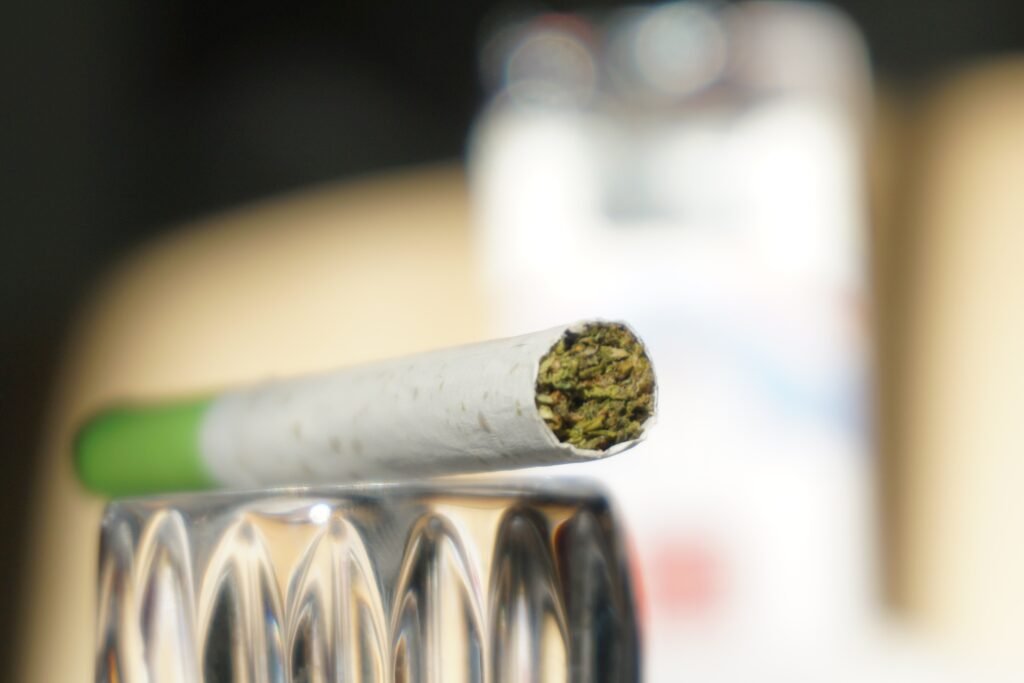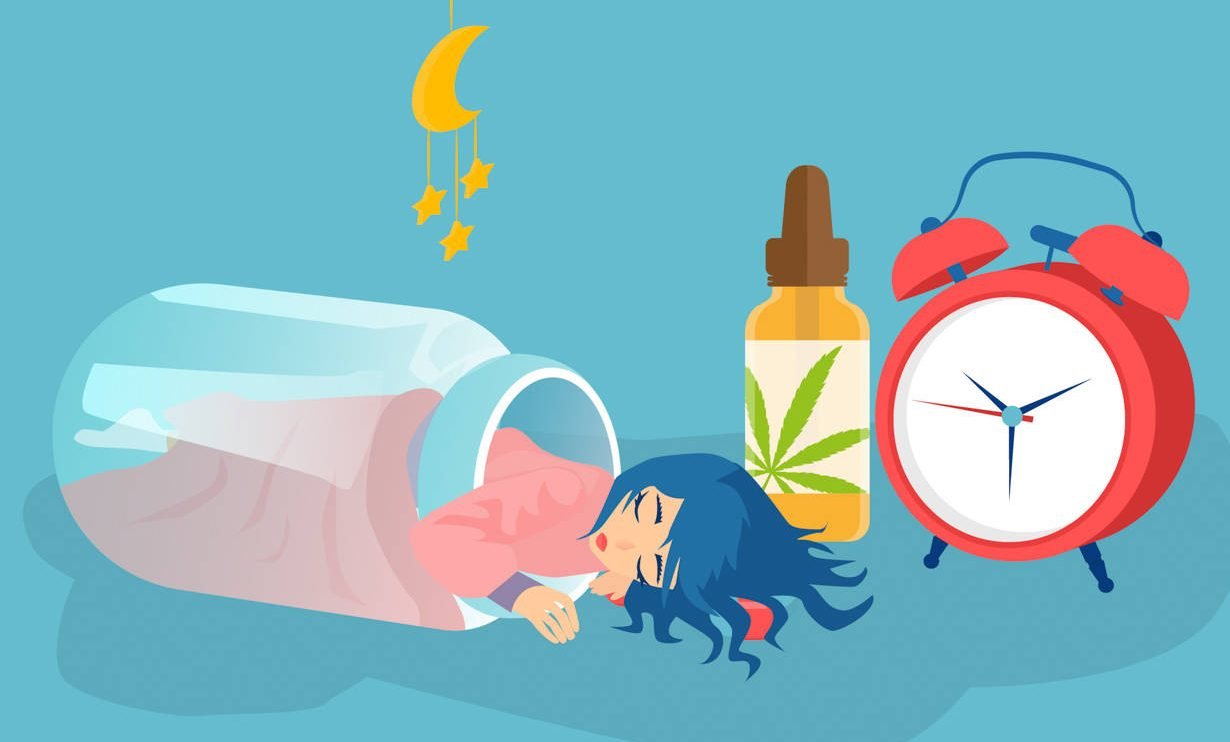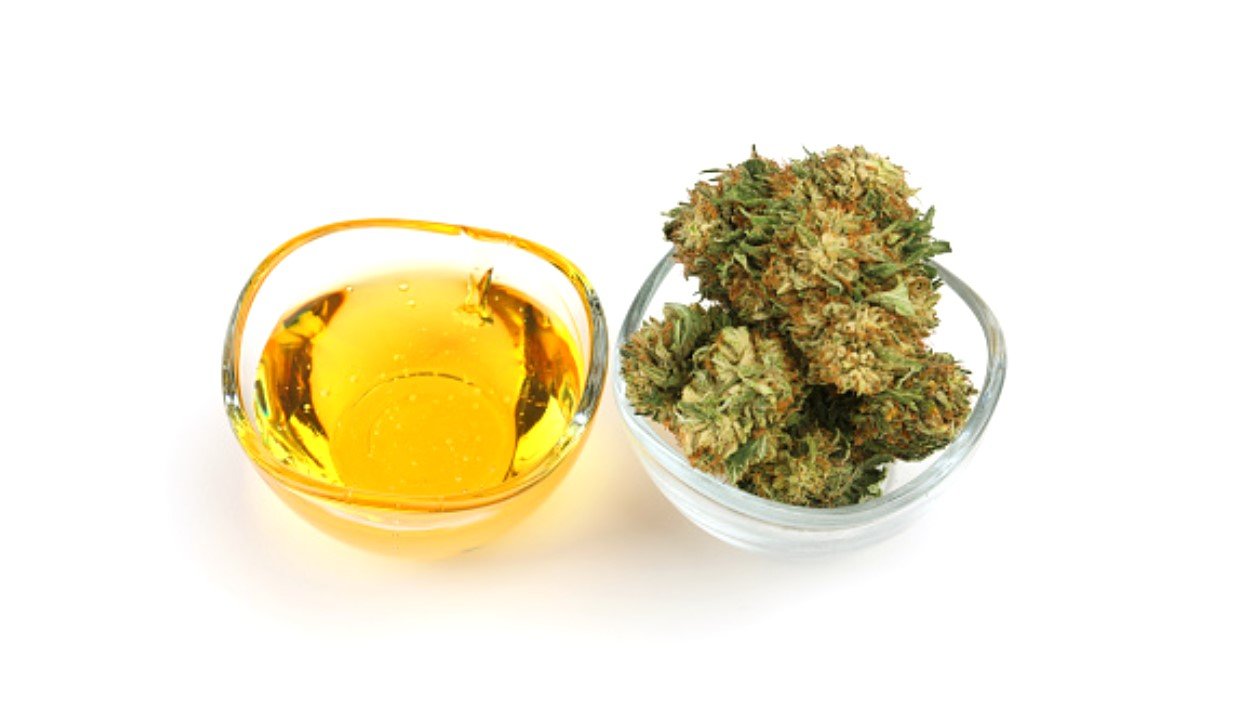Delta-8: Top 5 Health Benefits

Delta-8 is a tetrahydrocannabinol analogue with antiemetic, anxiolytic, hunger-inducing, analgesic, and neuroprotective effects. Delta-8 THC binds to the cannabinoid CB1 G-protein-coupled receptor in the central nervous system, which is a type of receptor that responds to cannabinoids. This substance has a lower psychotropic effect than delta-9 THC, the most common form of THC found in cannabis.
The structure of Delta-8 THC is similar to that of Dronabinol, which has an official indication for AIDS and cancer patients. For the first time among other cannabinoid agonists it was shown that this substance can be administered to humans without any psychotropic effects. At present there are studies on its use as treatment for obesity, insomnia and depression.
This experimental trial involved 24 patients, 12 of whom were given Delta-8 THC and 12 a placebo. The treatment extended over eight weeks with two administrations per day at 10 mg each. The true nature of the substance was not revealed to participants until after they completed the study. The research results have now been published in the peer-reviewed journal.
On the first day of treatment, researchers observed a number of side effects among participants given THC, including headache, nausea and dry eyes. However, these effects appeared to subside quickly after administration was discontinued or the dosage reduced.
In this article we will discuss the health benefits of Delta 8.
Less Psychoactive
Some cannabis users smoke marijuana for fun: they use it to get high. Tetrahydrocannabinol is the cannabinoid in cannabis that produces the sensation of euphoria when you smoke it. However, when you smoke marijuana, the high is caused by delta-9 THC rather than delta-8 THC.
Delta-9 THC is a very potent type of cannabis that can result in an afflictive high for some consumers. The high can also produce undesirable effects such as cloudiness, tiredness, paranoia, anxiety, and occasionally madness.
Delta-8 THC is more difficult to obtain than delta-9 THC, but because it has less of the psychoactive ingredient in it, it may reduce unpleasant side effects. It is said to produce a more serene and less anxious psychoactive effect than delta-9 THC, according to some people who use both. This makes sense since it has a lower concentration of THC than the more well-known delta-9 THC.
According to most experts, Delta-8 THC is about half as potent as delta-9 THC. Researchers have discovered that some the compunds' flowers contain only 10% of the active ingredient.
It's flowers can be a better choice for you if you don't like the powerful high that comes with marijuana or if you experience anxiety and paranoia. You will be more concentrated and calm without experiencing any negative effects.
Antiemetic

The compound is a powerful antiemetic when consumed as a pharmaceutical.
The scientific function of THC in preventing vomiting is not new; years of scientific research have proved that delta-9 THC is successful in alleviating nausea and reducing or stopping vomiting.
The high produced by delta-9 THC has kept it from being used more widely to treat these problems.
Delta-8 can help with this problem. People who experience nausea and vomiting may be more inclined to use itsince it has similar antiemetic effects to Delta-9 THC but a lower psychotropic potency.
Researchers have successfully used delta-8 THC to treat children with cancer and prevented the nausea and vomiting that chemotherapy causes.
Appetite Stimulant
Delta-9 THC is more psychoactive, but delta-8 THC can be a better therapeutic agent.
It is thought to have twice the therapeutic strength of delta-9 THC.
You may have heard that marijuana has the ability to give you the ‘munchies,' and delta-8 THC is even more effective at stimulating hunger and regulating nutrient absorption. Delta-8 THC's advantages over other types of THC are that appetite can be significantly enhanced with a modest dose.
This may also be used to treat cancer patients, as well as those who have difficulty maintaining an appetite.
Relaxation
According to the National Cancer Institute, delta-8 THC and delta-9 THC have comparable anxiolytic effects. According to this view, both of them are able to reduce anxiety. You might be asking how something that produces such a rush can also make you calm at the same time.
Delta-8 THC has a similar effect to ordinary THC, but its anti-anxiety effects occur with a less intoxicating high.
Users say that delta-8 promotes a more calm high that boosts attention.
Delta-8 THC can have some of the same effects as delta-9 THC, such as happiness, alleviation, euphoria, and upliftment. It also may help those who suffer from insomnia.
It binds to CB1 receptors, which leads to an increase in neurotransmitters and hormones that bind to these receptors.
Delta-8 THC, on the other hand, has a greater therapeutic range than delta-9 THC because it has less psychoactive effects. According to researchers, delta-8 THC may be used in high dosages without causing anxiety or other side effects related to THC, such as paranoia.
If you've tried using delta-9 THC to relieve anxiety and still haven't seen any results, you should try using the flower form of delta-8 THC. It won't fog your thinking and will help you feel more focused and calm.
Brain Health

One of the major reasons for the recent interest in delta-8 THC is that researchers are attempting to understand its benefits on the brain.
Studies on delta-8 THC's neuroprotective qualities have been conducted.
It has a variety of effects, including the inhibition of adenylyl cyclase and regulation of potassium and calcium channels in the central nervous system. These activities result in enhanced brain health.
Delta-8 THC has been shown to help with the treatment of degenerative mental health issues since it enhances choline and acetylcholine levels. It increases newborn neuron generation and development, which leads to improved brain health.
To Conclude
Delta-8 is present in a variety of forms and with many delivery systems. You may smoke or vape it, but if you don't want to do so, you can eat it, take tinctures, or use an aerosol sublingual delivery system. Delta-8 is less harmful than delta-9, allowing you to gain the same advantages without suffering in terms of function or productivity. This opens up a lot of possibilities.
Delta-8 should be more readily available to a greater number of people, especially in states where marijuana (THC) and CBD are already legal. It is still unclear since it can be produced from either hemp or cannabis and is currently only legal in a few countries.
The 2018 farm bill made it legal to cultivate and extract hemp throughout the United States, bringing it in line with federal law. This means that delta-8 THC is sometimes legal in states where delta-9 THC is prohibited.



